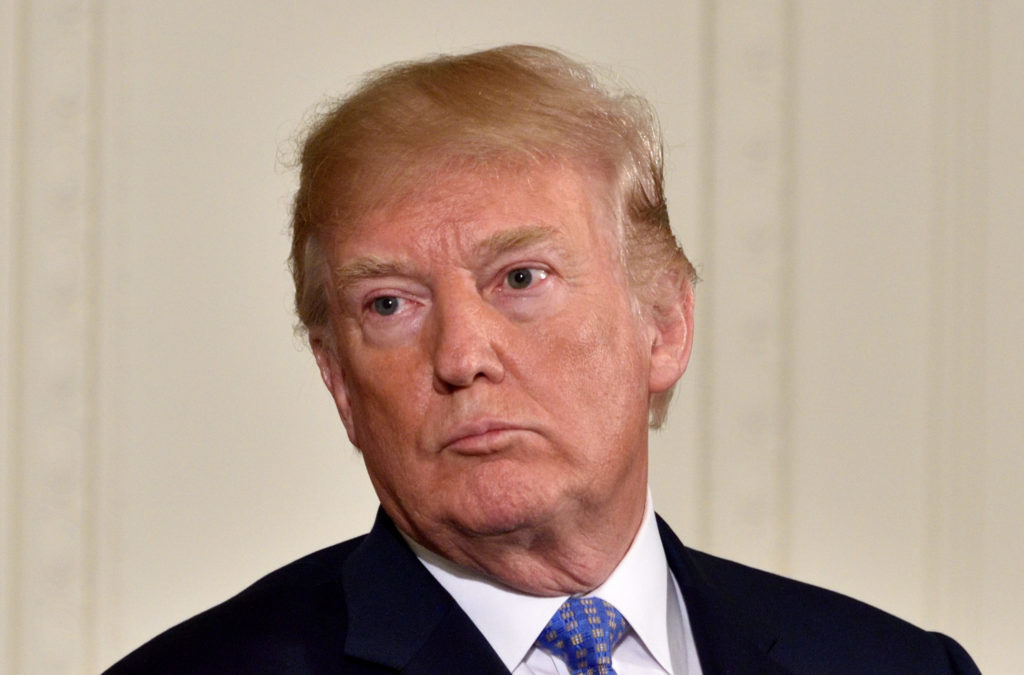The verdict of history

The backward glance of history sooner or later gets it right. From the horrid abuses of America’s native peoples to the injustices of slavery, history is a self-correcting lens perpetually set to fine-tune its judgments until it gets them precisely in its crosshairs. History relentlessly and mercilessly exposes the wrong-thinking monsters of our baffling past.
Most of us tell ourselves the easily provable lie that, given the chance, we would have been among the different, we would have been among the few who stood up for the voiceless, spoke truth to power and called out hypocrisy in eloquent, thundering condemnation. But the truth of the matter is, given the same circumstances as everyone else, chances are we would have behaved just like everyone else. Those are just the laws of probability. If courage was common more people would be doing it.
When Liz Cheney, Vice Chair of the House January 6th Committee, gave her opening remarks on Thursday’s first public broadcast of that newly formed body, she made history in two ways. The first way she made history was with a speech that was a masterclass of prosecutorial excellence. In a little over half an hour she assembled an edifice of logic and criminal misconduct that put Donald Trump squarely at its center. By the time she’d finished Republicans were attacking her in language loud and condemnatory but without a shred of contradicting evidence. They suffered an embarrassment of poverty.
The other thing Cheney did is more remarkable still. She did what many Republicans secretly wished they could do. She spoke the truth. She spoke it with the perfectly measured nonpartisan solemnity of a person who knows they are right, unhurried and absent the usual barrage of distractions, whataboutisms, equivocations and desperate need to change the subject. “President Trump summoned the mob, assembled the mob, and lit the flame of this attack,” Cheney said simply.
It was a remarkable moment made extraordinary because so few people are capable of it, particularly today and in today’s politics. Republicans have so completely lost the habit of telling the truth that it’s almost as if they have forgotten how. Liz was there to remind them that there once was a party called Republicans who really did care about their country. “In our country, we don’t swear an oath to an individual, or a political party,” she reminded them, “We take our oath to defend the United States Constitution. And that oath must mean something.”
For Cheney it clearly does. She is a Republican, to be sure, but she is a Republican who is that rare thing, one who wants to preserve the best part of the American system of government, the part where the people’s mandate cannot be infringed and the miracle of the peaceful transition of power remains inviolate.
Cheney understands better than any other Republican alive the importance of history and her role in it. She also understands what Donald Trump was up to on the fateful morning or January 6, 2021, and she is unafraid of him. “On the morning of January 6th, President Donald Trump’s intention was to remain President of the United States despite the lawful outcome of the 2020 election and in violation of his Constitutional obligation to relinquish power.” Liz Cheney doesn’t care how much the truth makes her colleagues cringe and squirm. She understands better than they how they will look in the rear view mirror.
When Benjamin Franklin was asked after a session of the Constitutional Convention, “What kind of a government have you given us?” he replied, “A republic, if you can keep it.” Liz Cheney is here to show Republicans how to keep it. She reminded them in her closing remarks, “Tonight I say this to my Republican Colleagues who are defending the indefensible. There will come a day when Donald Trump is gone but your dishonor will remain.” Cheney has reminded them that the verdict of history is always guided by its penetrating, eagle-eyed hindsight. And, as ever, ladies and gentlemen, brothers and sisters, comrades and friends, stay safe.

Robert Harrington is an American expat living in Britain. He is a portrait painter.
